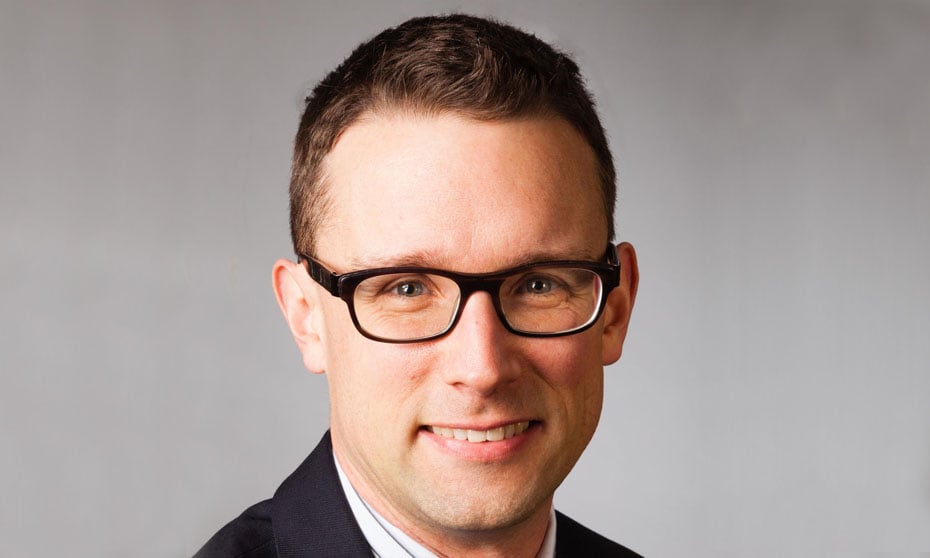
Our cover story this month came about through a unique “Journalist in Residence” program at Osgoode Hall Law School.

Our cover story for this month’s issue is about a class action lawsuit that was brought by current and former members of the Canadian Armed Forces, RCMP and Federal Public Service who suffered many dire consequences over decades because of their sexual orientation or gender identity and expression.
While the stories told by many of the class members are heartbreaking, the final settlement and how it unfolded are, in my opinion, a happy ending to a shameful era in Canadian history. The photographs that accompany the story show the elation that class members and their counsel felt when Justice Martine St-Louis announced the settlement in an Ottawa court in June.
The settlement itself was unique, as the story outlines, but so is the process for how the story itself came about. The author, Gail Cohen, is my predecessor as editor of Canadian Lawyer, and her research was done as part of an innovative program exploring the intersection of law, media and journalism.
Cohen is one of the first “Journalists in Residence” at Osgoode Hall Law School. As part of the program, she is looking at seminal cases and legislation that affected LGBTQ rights and telling the stories of those involved, including parties, counsel, lawmakers and judges. The program allowed her to travel across the country to interview many of those individuals who are still alive.
One of those people was Michelle Douglas, whose case is mentioned in our cover story and led to the repeal of the ban of gays and lesbians serving in the military. Douglas connected Cohen with many of the people involved in the class action, allowing her to understand and help tell their deeply personal and emotional stories. In many cases, they were speaking about them openly for the very first time.
Lead class counsel Douglas Elliott, who is pictured on our cover and has been involved in many LGBTQ rights cases, also led Cohen to others and provided a tremendous amount of background and context.
Cohen told me that the most difficult part of the article was finding lawyers who had been affected by the purge. Two lawyers who had joined the class were bravely willing to go on the record for the very first time about their histories with discrimination.
As journalists, we are often left feeling that we did not have enough time to tell the story behind the headlines. As lawyers, we often feel that the legal process and technicalities cause us to forget about the individuals involved. Cohen’s position as a Journalist in Residence, in many ways, helped overcome these things, and it highlights how our legal system is about real people, real emotions and complex stories that can’t be easily summarized in a single news story or legal argument.